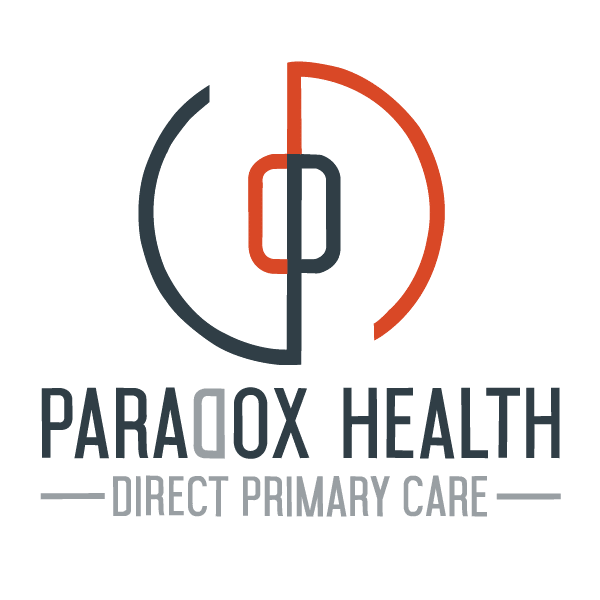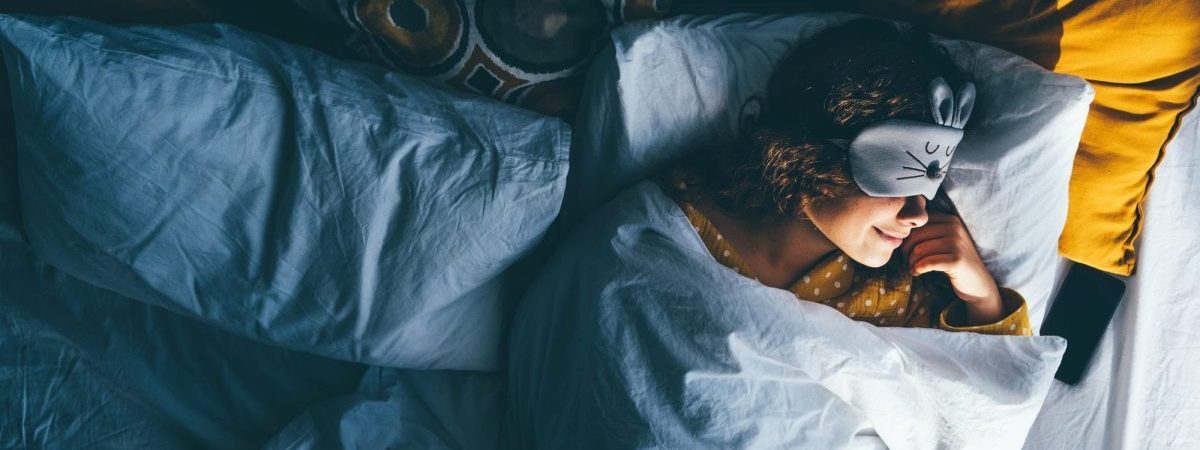What is sleep?
Though difficult to define, sleep is more than just a state of unconsciousness. One can drink enough alcohol in order to experience unconsciousness, but that does not necessarily mean that one is sleeping. Sleep is an altered state of consciousness characterized by a decreased ability to respond to external stimuli. It is responsible for the repair and maintenance of our physical bodies as well as the consolidation and organization of our thoughts and memories. All systems are on deck when sleeping: immune, cardiac, vascular, pulmonary, renal (kidney), nervous, endocrine, GI, integumentary…..you get the point.
Why is sleep important?
Well, as you can imagine, if you don’t sleep enough, all of the previously listed systems in your body will not function optimally. Every year, we get to run a real-world sleep experiment in the spring and the fall called Daylight Savings Time (DST). In March, when we lose an hour of sleep, hospitals experience a 24% spike in heart attack admissions. If you’re wondering what happens in September (when DST yields us an extra hour of sleep), it’s quite the opposite. Hospitals experience a 21% decrease in heart attack admissions.
If you’re like me, then your next thought is car accidents…does our “spring forward” cause those to spike too?
The American Psyche and Sleep
We don’t need studies to prove to us that sleep is important. That knowledge is innate in us. When kids misbehave, what do we say? “They didn’t get enough sleep! They went to bed too late! Shouldn’t have stayed so long at Grandma’s house…” It’s interesting that we know from a very young age that there is a certain amount of sleep we need…or else! Yet, as we age, we view it more and more as a burden, an inconvenience, rather than a necessity and a friend to our optimal functioning through our day-to-day. The devaluation of sleep is fascinating to me as we reach the pinnacle of the age of productivism. Never before have Americans slept less. In 1910, we averaged 9 hours of sleep per night, currently, we are at 6.8 hours a night, and a whopping 40% of us get less than 6 hours each night. All I hear these days are excuses from people who seem more concerned with living well tomorrow than they do about living well into their 70s and 80s. It seems our time preference has changed drastically and I believe it will be to our detriment.
There are only three things that humans need to keep living: Water, Food, & Sleep. That is it. We certainly do not treat food & drink as a burden, so why must we deprive ourselves of sleep – this vital and irreplaceable sacrament. Rats are capable of surviving only 4 days with complete REM sleep deprivation, yet we insist on limiting our sleep. For what purpose exactly? And to what end?
Don’t Follow the Crowd
Ronald Reagan and Margaret Thatcher are both famously remembered for sleeping only 3-4 hours a night, and saying things like, “I’ll sleep when I’m dead.” They both developed Alzheimer’s disease. Although two people do not constitute a scientific study, it begs the question of whether there is a connection. It frustrates me to no end that we, as a society, have labeled people who get adequate sleep as lazy or slothful. We don’t stigmatize those who eat a healthy diet. So, why give a negative label to the person who sleeps enough so as to actually be safe when driving to work in the morning?
How can I institute some habits to improve my quality of sleep and total sleep duration?
Sleep Hygiene is the first-line treatment recommended for anyone struggling with insomnia, delayed-onset sleep phase disorder, middle-of-the-night awakenings, and a litany of other sleep problems called parasomnias. I also review this with my patients who complain of daytime sleepiness and general fatigue. I think a more intuitive term for it could be – Optimum Bedtime Practices (OBP). Some commonly listed practices are:
- Don’t consume caffeine within 6 hours of bedtime.
- Don’t consume alcohol close to bedtime.
- Don’t look at screens (esp. smartphones and tablets) within 1-2 hours of bedtime.
- Go to bed at the same time every night.
- Wake up at the same time everyday (Even more important than going to bed at the same time)
- Avoid sleeping pills or other sedatives to try and induce sleep
What chemical mediators in my body can I optimize in order to sleep better?
At the end of the day, there are three main drivers of sleep:
- Cortisol [down] – This is now becoming very well known in the general population as our “stress hormone.” It is necessary for life and has many varied and important functions. As it pertains to sleep, cortisol should be at its nadir before going to bed. It is meant to wake us up and allow us to respond to stressful situations, like hunting a lion, or going to Costco on a Saturday, but, at the end of the day, it should be at its lowest.
- Melatonin [up]- Everyone has heard of melatonin by now. It is a neurotransmitter produced from tryptophan by the pineal gland in your brain and secreted just before your typical bedtime, based on your circadian rhythm.
- Adenosine [up] – this is created when we exercise. If you’ve ever taken a trip to NYC and walked a full day, I’m sure you’ll remember that you didn’t have any trouble falling asleep that night. That’s because your adenosine was sky high from all of that walking!
Supplements I recommend to my patients that assist in falling asleep
Melatonin 0.3-0.5mg: This is one of the oldest supplements for sleep on the market. It definitely works for some people and can be helpful for phase-shifting (e.g. switching from nights back to days in shift work).
Morning exercise: Yeah, yeah, yeah. I know it’s not a pill that you swallow! But, I have found this, personally, to be the most effective sleep aid available. Days that I am able to work out in the morning are never days that I have trouble falling asleep at 9 pm. And this is because of the increased adenosine built up in my body throughout the day.
Supplements I recommend to my patients that assist in staying asleep
Magnesium: This is the second most abundant electrolyte in our body and also the most commonly deficient one. Due to modern farming crops are brought to harvest too early and don’t have time to accumulate the micronutrients our bodies require. Therefore, I recommend supplementing with magnesium for almost all of my patients. Magnesium increases GABA, a neurotransmitter, which allows us to relax. There are three different types of magnesium. Magnesium oxide is mostly unabsorbed and helps to “keep us regular.” Magnesium chloride is almost completely absorbed and so this is our main source from supplementation. Magnesium L-threonate (aka Magtein or NeuroMag) is the only form that crosses the blood-brain barrier and gets into our central nervous system to help us with sleep. I recommend the following dosing:
- Magnesium oxide 400-500mg (1 tab per day)
- Magnesium chloride – 1-2 tabs per day
- Magnesium L-threonate – 2 tabs at night
Phosphatidylserine 100mg (PS-100): this is a lipid that is a major constituent of our neuronal cell membranes. It is thought to decrease cortisol and has been shown to do so in an exercise model. As I mentioned before, decreased cortisol plays a huge role in allowing us to both falls asleep and stay asleep.
Gamma-Aminobutyric Acid (GABA) 500mg: As previously mentioned, the neurotransmitter GABA helps us to relax. It acts directly on our nervous system to reduce excitability. It is an activator of our parasympathetic nervous system – the “rest and digest” side of things.
First Steps
There are so many issues stemming from the productivity basis of society adversely affecting our sleep. And while I could go on and on with this topic, I think the best place to start is a renewed focus on getting the proper amount of sleep each night. Achieving 7+ hours of total sleep (not just time in bed) each night is a great goal to start out with. If you have yet to hit that goal, work towards it using some of the tools I’ve listed above and below.
Resources
If you are interested in a sleep tracker, my favorite is the Oura Ring, and my second favorite is the Whoop. They are both quite good at tracking total sleep and not quite as good, but decent, at measuring our different sleep stages. For a more in-depth discussion on sleep, check out Matthew Walker’s interview with Joe Rogan, or, read his book, “Why We Sleep.”
Lastly, if you are interested to know what it is like to have a physician in your corner who can work with you on an individual level to help you achieve your health goals, including optimizing for sleep, then contact me and we can have a conversation about what that looks like.



